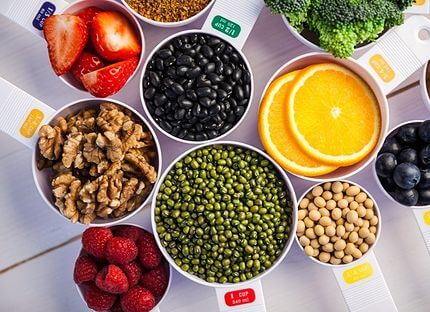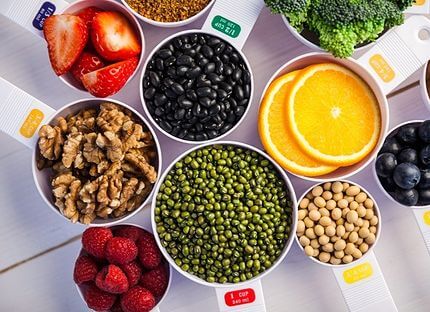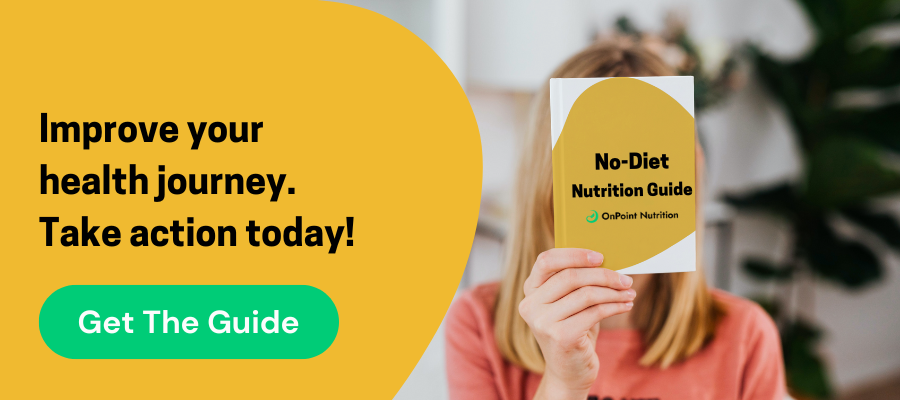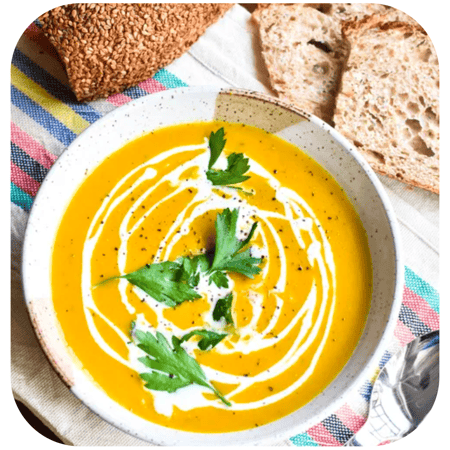
Polyphenols are one of the most widely studied subjects in nutrition research, playing a critical role in maintaining health and overall wellness. Polyphenols are a group of naturally occurring chemicals that act as antioxidants in our bodies, protecting against damaging molecules called free radicals. Free radicals are destructive forces that can cause harmful, domino like reactions in our bodies. They’re formed at a high rate when we consume fried foods, alcohol and with exposure to things like tobacco smoke, pesticides and air pollutants. Left unopposed, free radicals create significant stress within our bodies, speeding up the aging process and contributing to disease such as; heart disease, high blood pressure, cancer, Alzheimer's disease, osteoporosis, Type 2 Diabetes and Insulin resistance. Scientists have discovered polyphenols have a powerfully protective effect against these diseases through the destruction of free radicals.
There are four main types of polyphenols -
-
Flavonoids - found in fruits and vegetables
-
Lignans - found in foods like flaxseed and sesame seed
-
Stilbenes - found in red wine and dark chocolate
-
Phenolic acids - found in teas
In addition to having antioxidant properties, polyphenols also possess an anti-inflammatory effect. This powerful combination can also help to reduce the appearance of aging. According to a recent review published in the Journal of Nutritional Biochemistry, diets high in polyphenols also contribute to the maintenance of gut health by improving bacterial balance, stimulating the growth of beneficial bacteria.
Use the list and tips below to start taking advantage of these disease fighting powerhouses!
Food Sources of Polyphenols –
-
Blueberry
-
Blackcurrant
-
Artichoke
-
Coffee (filtered)
-
Cherry
-
Strawberry
-
Blackberry
-
Plum
-
Red Raspberry
-
Flaxseed Meal
-
Dark Chocolate
-
Black Tea
-
Green Tea
-
Apple
-
Whole Grain Rye Bread
-
Hazelnut
-
Red wine
-
Soy Milk/ Yogurt
-
Cocoa Powder
-
Black olives
-
Spinach
-
Pecans
-
Black beans
-
Red Onion
-
Broccoli
You can also add extra polyphenols to your meals through the use of antioxidant rich herbs, spices, and seasonings. Example include:
-
Basil
-
Capers (red or green)
-
Chives
-
Cinnamon
-
Curry
-
Dill weed
-
Horseradish
-
Oregano
-
Parsley
-
Rosemary
-
Sage
-
Tarragon
-
Thyme
-
Vinegar
Make the Most of Antioxidants in Your Diet
Now that we know more about what polyphenols are, and where to find them, incorporate the tips below to maximize the benefits of this vital and protective nutrient.
-
Eat a variety of polyphenol rich foods throughout the day.
It’s important to consume polyphenol-rich foods daily, not just on occasion. For a healthy dose of antioxidants, strive to meet the dietary guidelines of 2 cups of fruit and 2.5 cups of vegetables each day. Examples of antioxidant rich snacks include nuts/seeds and a piece of fruit or sliced vegetables with hummus. Variety is key, don’t forget to mix up your sources! -
Avoid refined foods.
The refinement process destroys 90% of polyphenols and greatly reduces antioxidant properties. Fresh, whole foods are best. -
Look for color.
Many of the best food sources of polyphenols are richly hued. A quick trick is to look for naturally bright colored foods, such as, beets, carrots, purple cabbage, red peppers, spinach, radishes and broccoli. Aim for consuming 2-3 different colors of fruits and veggies each day. -
Limit free radicals.
Just as polyphenols destroy free radicals, free radicals destroy polyphenols. Tip the balance in favor of health and vitality by eating a diet rich in polyphenols and avoiding food sources high in free radicals. This includes fried and highly processed foods. Be mindful of excessive meat consumption, and stay away from overly cooked, charred and chemically treated meats such as bacon. -
Include healthy fats.
Polyphenols are fat soluble. Eating a diet rich in healthy fats will optimize the amount of polyphenols your body can absorb. Healthy fats can be found in avocados, nuts, and olive oil.
As Hippocrates said, “Let food be thy medicine and medicine be thy food.” Raid nature’s medicine cabinet daily and be sure to include polyphenol-rich foods to enhance your health and avoid disease.
Learn more about how you can incorporate natural antioxidants into the foods you love and enjoy. Download our No-Diet Nutrition Guide

Topics
Holly DeLong is a Registered Dietitian Nutritionist with a Master's degree in Nutrition and a background in Psychology and Research. She is the co-founder of Food and Mood, a practice that allows people to work towards better mental and physical health together.




